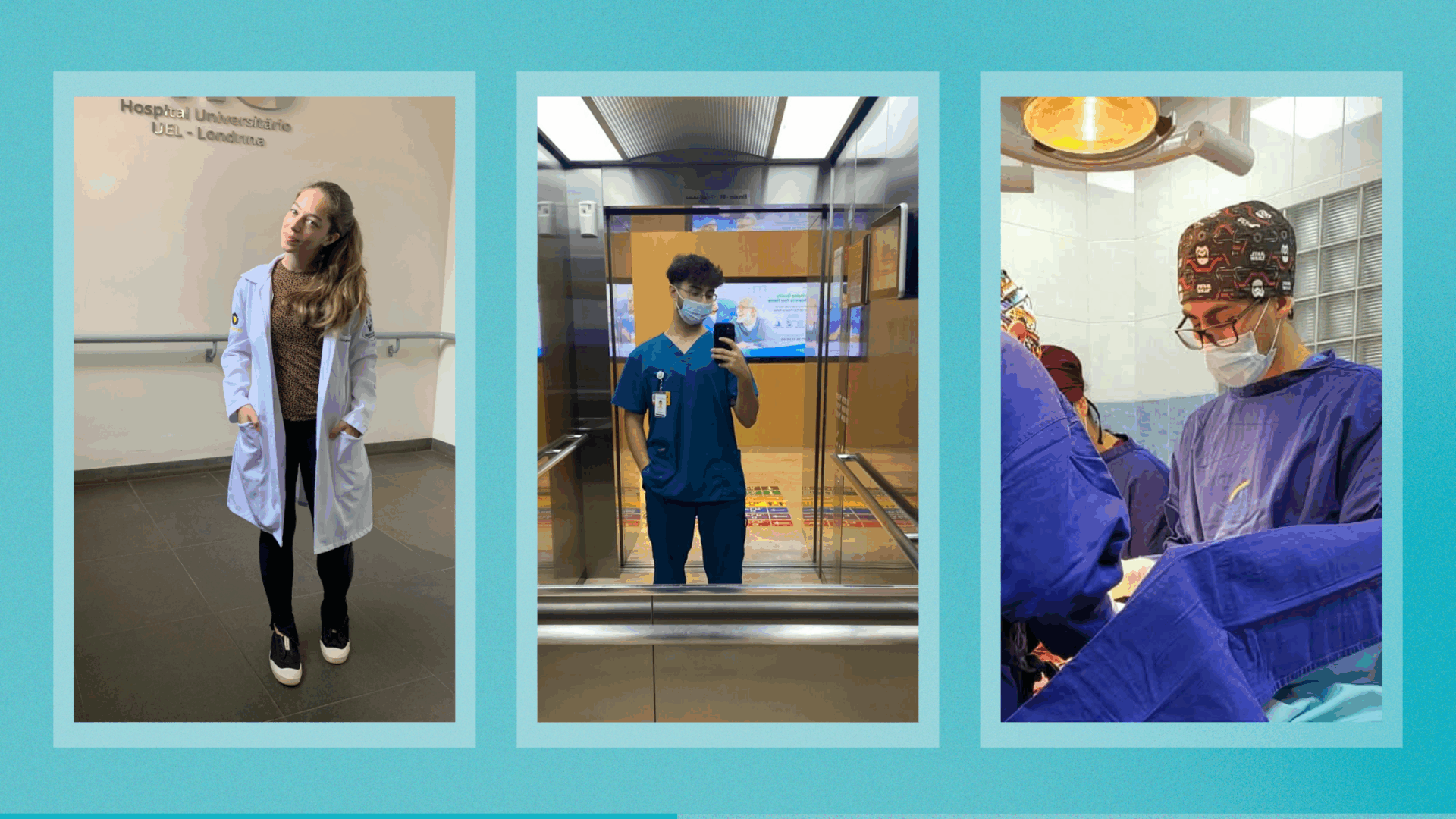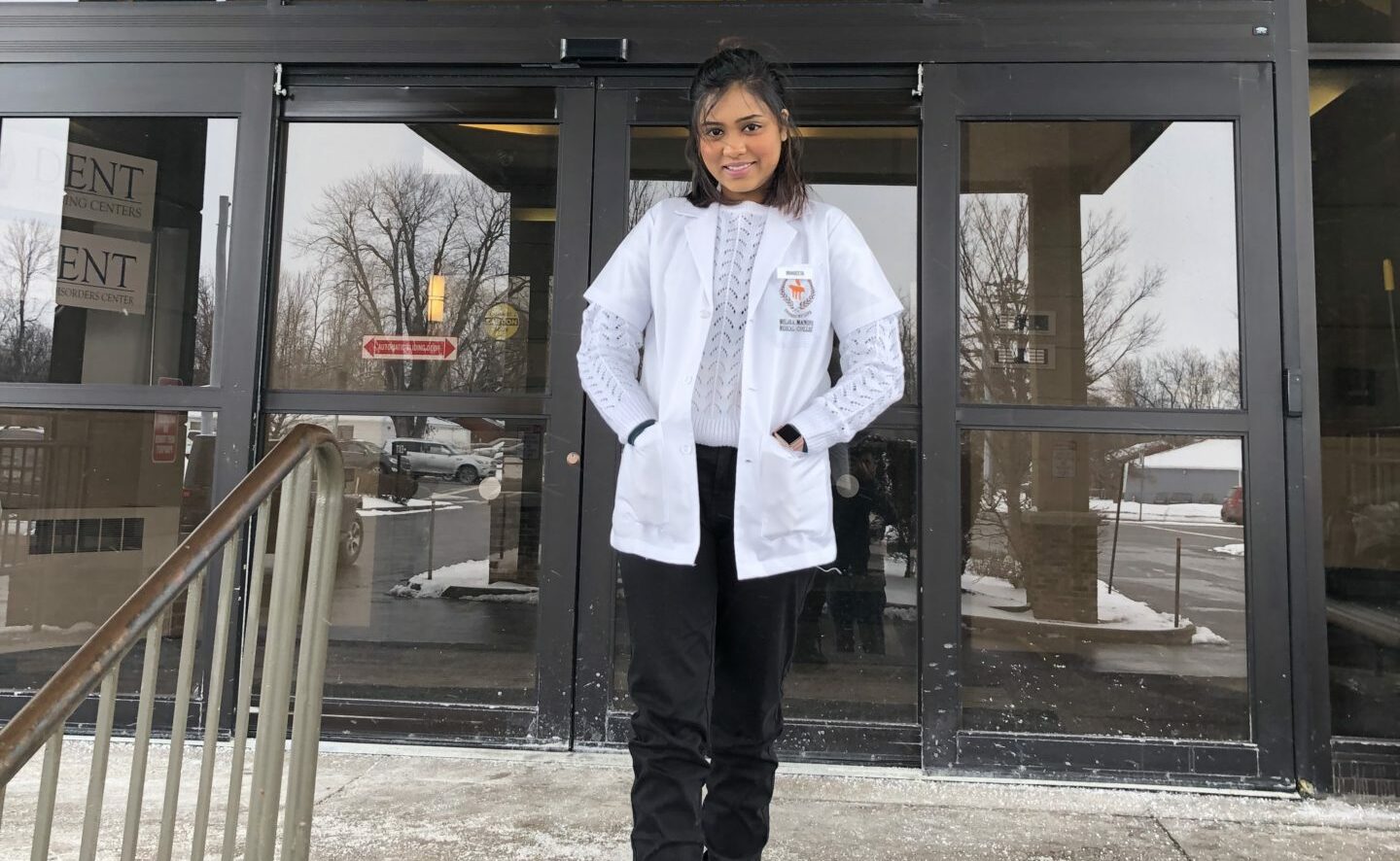First commemorated in 2018, January 24 is now celebrated annually as International Day of Education. Proclaimed a day of recognition by the United Nations General Assembly, International Day of Education celebrates and advocates for the role of education has in bringing peace and global development.
This year, the focus is on the changes that need to be made in order to realize a global, fundamental right to education. The approach hopes to show the ways that access to education leads to a more sustainable, inclusive, and peaceful world and future. This year’s theme is billed under the title “Changing Course, Transforming Education.”
Global Access, Local Impact
At AMOpportunities, access to education is an approach that we have built our mission around. Globalizing access to medical education helps to overcome the physician shortage that disproportionately impacts already underserved communities, such as rural and inner-city communities. By making it easier for international medical graduates to receive the clinical training they need to practice outside of their home countries (or to develop new skills to bring home), a globalized medical education helps to solve the physician shortage through more than 1.2 million global medical trainees.
While the goal is to help staff overwhelmed hospitals and expand care in underserved communities, globalizing healthcare has a larger impact on the communities where trainees rotate, do their residencies, and eventually practice. Beyond helping hospitals expand their clinical training programs and develop their workforce pipelines, globalized clinical training helps improve patient care by diversifying hospitals’ healthcare workforce. Multiple studies argue for the importance of culturally aware and competent healthcare environments, especially for those that serve diverse patient populations. This is because of factors beyond healthcare, such as social, religious, cultural, or even linguistic needs that help a patient feel cared for while seeking medical advice or receiving hospital care.
However, beyond patient care, diversifying hospital staff has benefits for hospitals as well, such as recruitment and employee morale and retention.







Leave A Comment